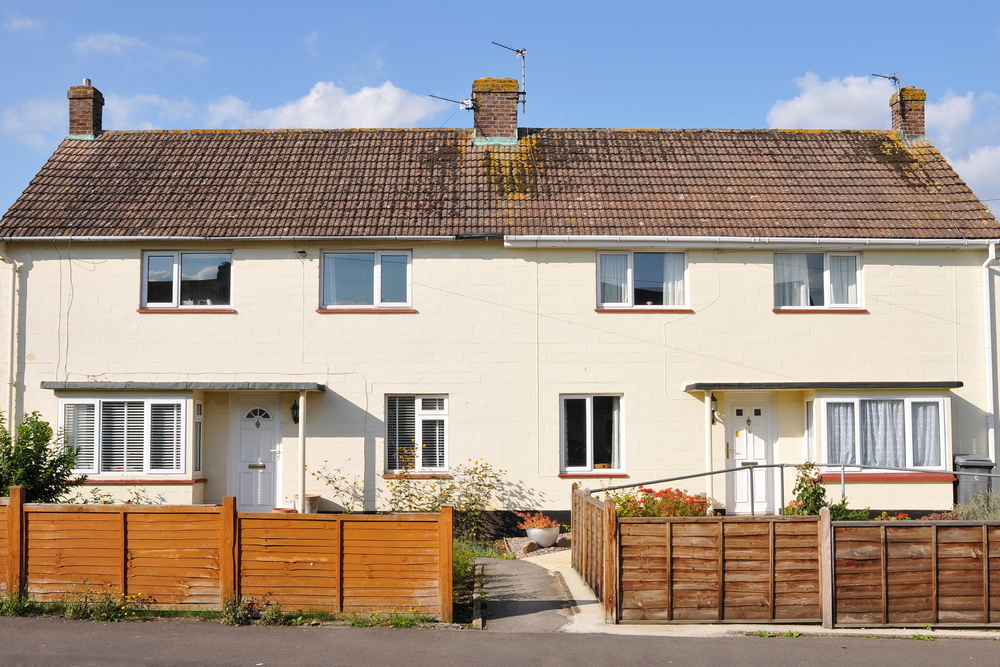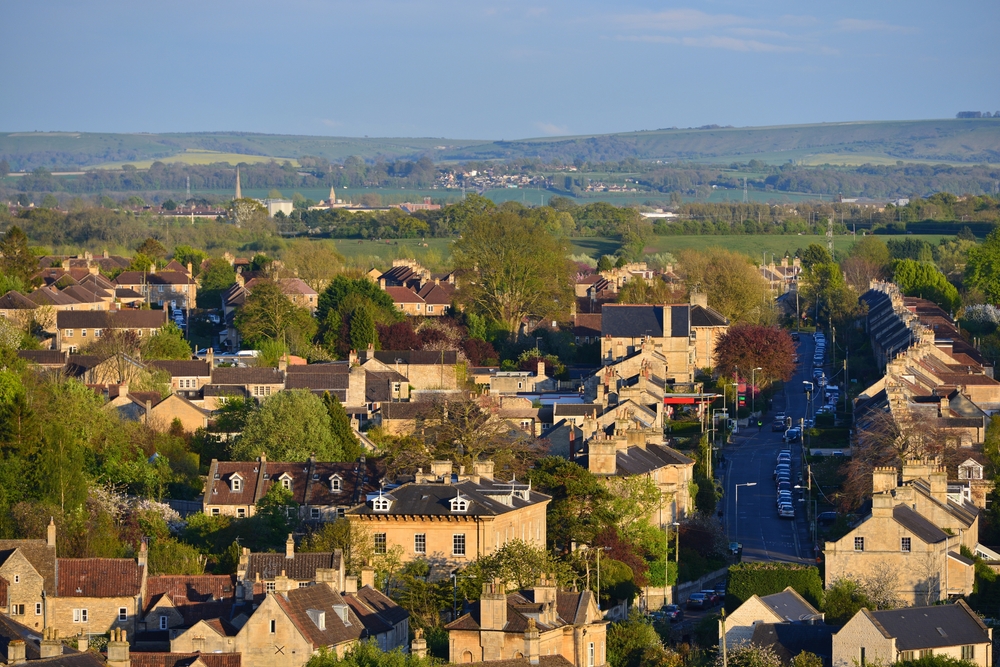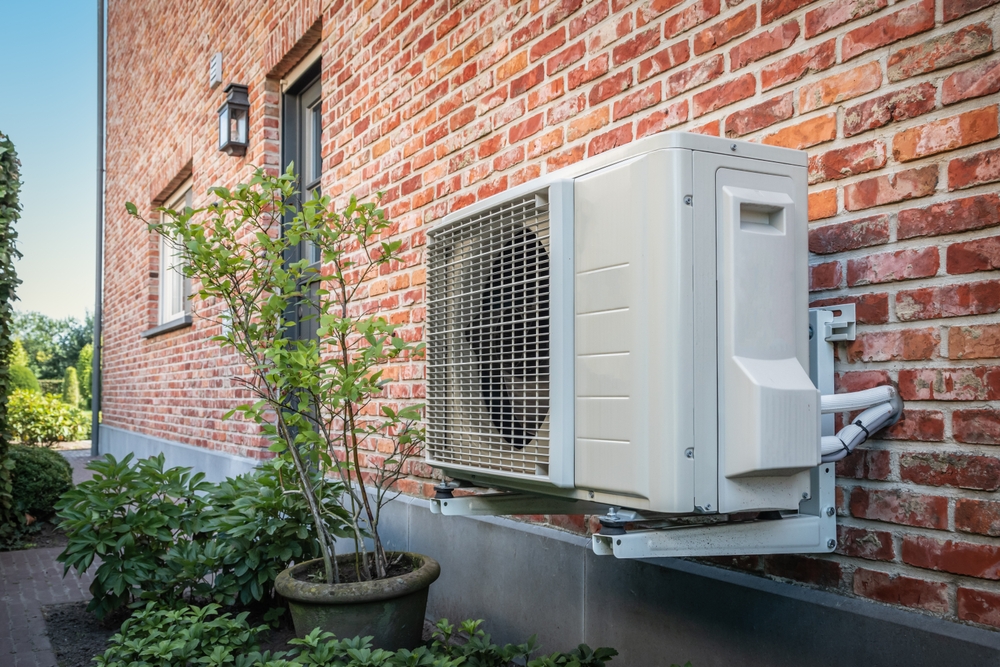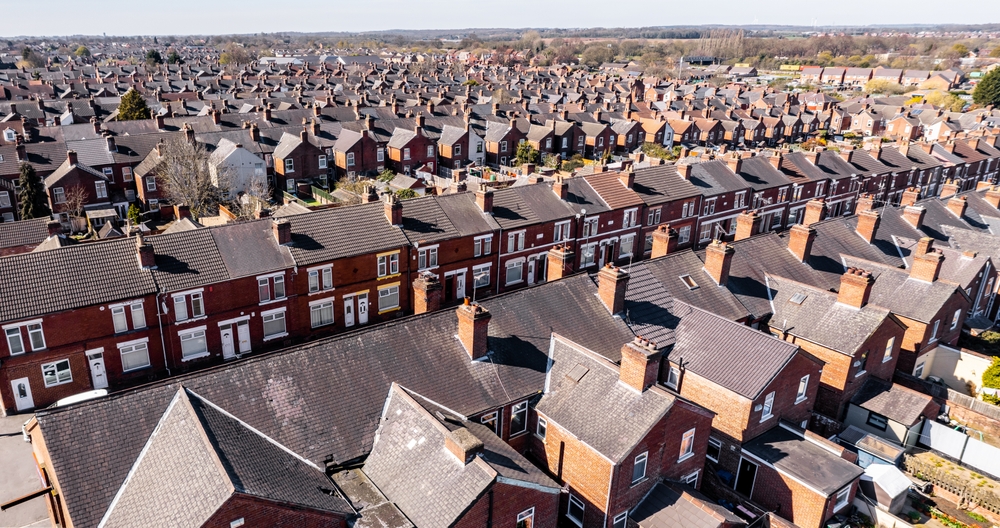There are a number of current government schemes aimed at improving the energy efficiency of social housing across the country. Through the provision of funds and grants, the government aims to improve the energy performance of social housing properties, delivering warm, energy-efficient homes and reducing fuel bills and carbon emissions for tenants.

Social Housing Decarbonisation Fund
The Social Housing Decarbonisation Fund (SHDF) provides funding to support social housing properties across England with an Energy Performance Certificate (EPC) rating of D or below. The key aim of the fund is to improve the energy performance of the properties, thereby reducing fuel bills and carbon emissions.
The pilot scheme for the SHDF launched in 2021 with the aim to improve 2,100 social homes through a whole-house approach; a method whereby you consider the entire building when approaching the installation of energy efficiency measures. This pilot scheme was considered a success and demonstrated how social housing could be retrofitted at scale.
Wave 1 of the fund concluded in April 2023 and awarded a total of £179 million, resulting in 8,103 measures being installed in 4,602 households. The second wave of funding began in April 2023 and covers a two-year period until March 2025. Wave 2 has been allocated £778 million of government funding.

Local Authority Delivery Scheme
In 2020, the government introduced a £2 billion Green Homes Grant to upgrade properties across the UK with energy efficient improvements. Part of this grant is the Local Authority Delivery (LAD) Scheme, which aims to improve the energy efficiency of low-income and low EPC rated homes across England. This includes those living in properties rated EPC E, F, and G.
With £500 million of funding available, councils and local authorities in England submit bids for funding to improve households in their area, with the key aim to reduce fuel poverty by phasing out the installation of high-carbon fossil fuel heating. The relevant improvements available with the funding include home insulation, such as underfloor and loft insulation, and renewable heat, such as air source heat pumps and solar heating.
The LAD scheme has had 3 iterations. Phase 3 has been allocated £287 million with applications closing in March 2023.

Home Upgrade Grant
The Home Upgrade Grant (HUG) is a government funding scheme supporting Local Authorities to provide energy efficiency upgrades and clean heating systems to low-income households. Phase 2 of the scheme began in April 2023 and will run until March 2025.
With up to £700 million allocated, the scheme specifically targets the worst performing households that hold an Energy Performance Certificate (EPC) rating of D or lower, as well as those with no mains gas central heating in England. 60% of the funding available is also ringfenced for rural Local Authorities.
Under the grant, improvement measures such as loft insulation, air source heat pumps, and electric radiators are funded by Local Councils with the aim of phasing out the reliance on fossil fuel heating and supporting household health and wellbeing.
Who is involved in the Social Housing Schemes?
The Social Housing Decarbonisation Fund, Local Authority Delivery Scheme and Home Upgrade Grant mandate compliance with PAS 2035, the over-arching document in the retrofit standards framework. Often referred to as ‘whole-house’ retrofit, the standard looks at the entire building when approaching the installation of energy efficiency measures. This means that the work carried out under the schemes will likely require Retrofit professionals, including:
Retrofit Assessors: trained to undertake a retrofit assessment for dwellings in accordance with PAS 2035. An RA will evaluate a dwelling’s energy efficiency, including insulation, heating and ventilation systems, outside and interior design, and more. The data collected is then passed to and used by the Retrofit Coordinator.
Retrofit Coordinators: required for all domestic retrofit projects in order to comply with PAS 2035. An RC oversees the assessment of dwellings as well as the subsequent specification, monitoring, and evaluation of energy efficiency measures. Using data from the retrofit assessment, they can then prepare a Medium-Term Improvement Plan for a 20-30 year period.
The use of Retrofit Professionals and compliance with PAS 2035 ensures that energy saving potential is maximised and that the quality of installation is assured. This further mitigates the issue of retrofit work being considered in isolation (which can unintentionally damage the overall building performance).
How can you get involved?
Social Housing Decarbonisation Fund
Wave 2.1 of the Social Housing Decarbonisation Fund closed to applications in November 2022.
Local Authority Delivery Scheme
Phase 3 of the Local Authority Delivery Scheme closed to applications in March 2023.
Home Upgrade Grant
Phase 2 of the Home Upgrade Grant is now closed for applications.
For a full list of successful local authorities for Phase 2 of the Grant, visit the government webpage: Home Upgrade Grant: successful local authorities.

Find A Retrofit Professional
To find an Elmhurst accredited, and TrustMark Approved Retrofit professional in your area, please use our ‘Find An Assessor/Coordinator’ search facility.
Find A Retrofit Professional
